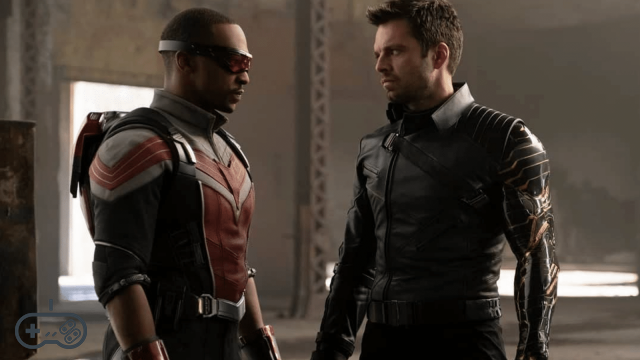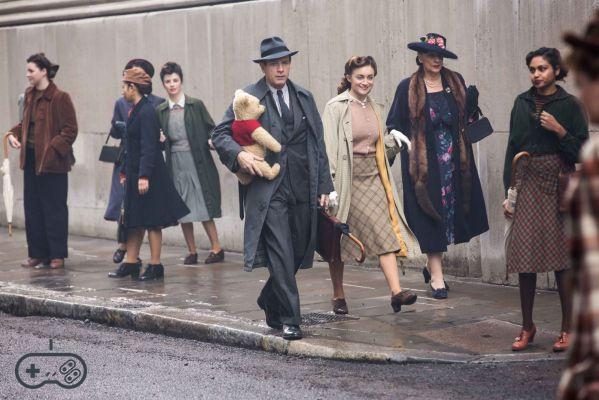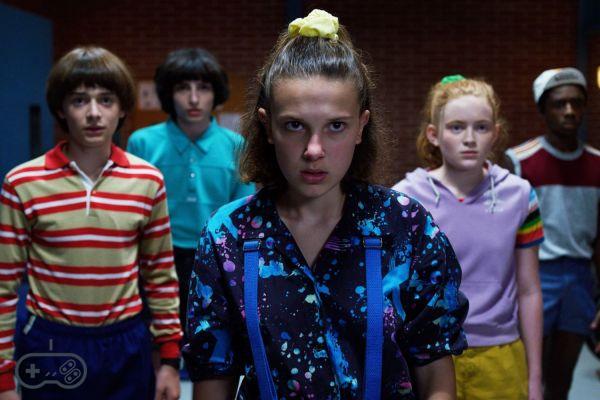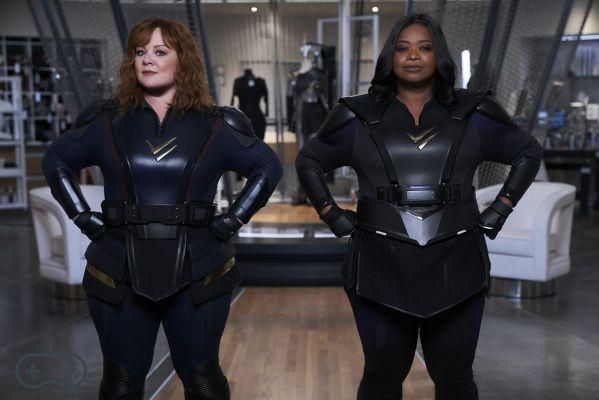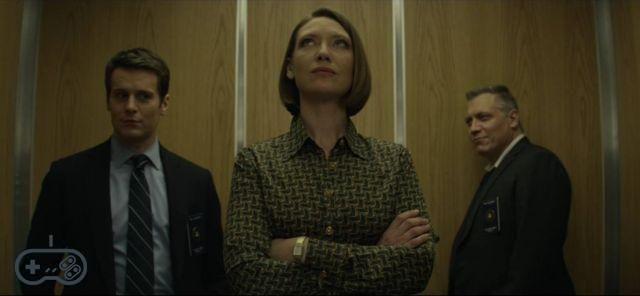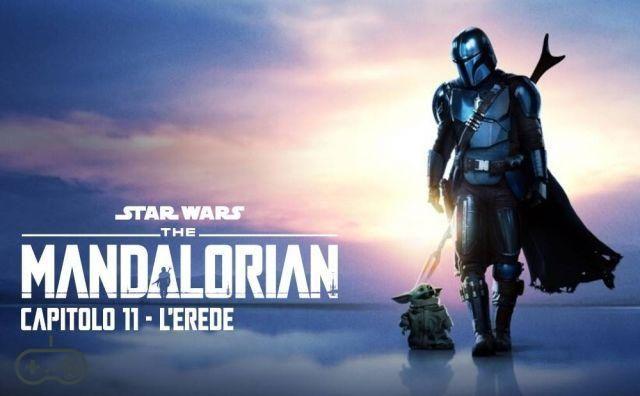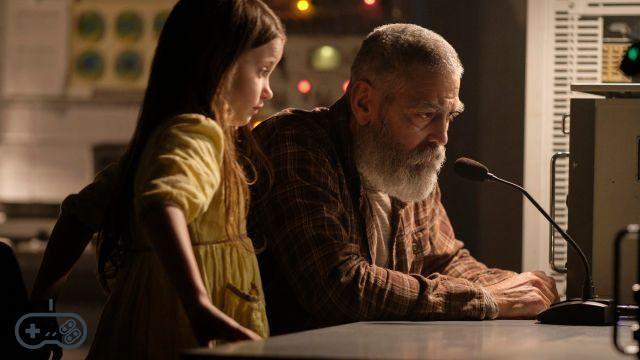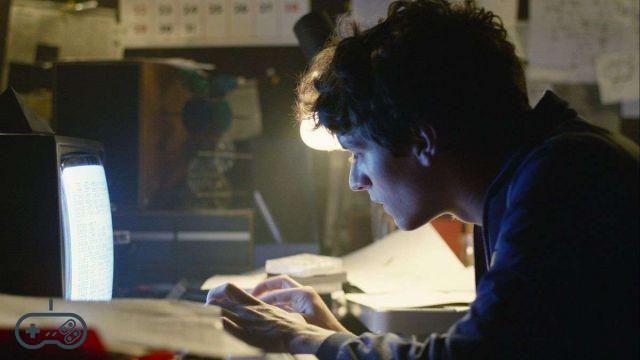
"Don't open the door!", "What are you doing !?" or "Shoot!" these are just some of the phrases that automatically find oneself saying who watches a film at the cinema or at home, or watching a TV series. You want for this and for a thousand other reasons, "cross-media" products have become an established reality, where video games try to behave like a book or a film, and now, even vice versa. Black Mirror: Bandersnatch is the first interactive film to appear on the most famous streaming platform in the world, Netflix, and places us in front of an almost completely new media, wanting to create not only interaction to shape the continuation of a story, but in some cases by forcefully breaking the fourth wall with sensitive exchanges aimed at the viewer. At the direction we find David Slade, who in the past had the opportunity to direct an episode of the platform's original dystopian series.
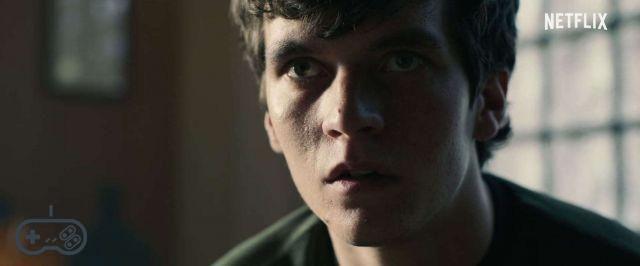
Black Mirror: Bandersnatch, even if it has deviated from a technical point of view, it is part in all respects of the universe that we have come to know, as well as the topics dealt with are strongly linked to technology (whether past or present). Inspired in part by real events (such as the development of a videogame never published by the name, precisely, Bandersnatch) and others totally fictitious, this interactive film sees as the protagonist Stefan Butler, a young "home" developer struggling with the creation of a futuristic video game for the era.
Multiverse
Summer of 1984. The story is set in an undefined city in England, and the protagonist of our stories is grappling with Bandersnatch, a Gamebook written by the (not really existed) writer Jerome F. Davies, famous not only for his visionary works, but also for the macabre background that we will not tell you about. As anticipated, from this work Stefan is creating a video game that will allow, just like in the book, to make choices and thus build their own story. After a rather linear first part of the film and a couple of choices that are almost completely irrelevant to the course of the plot, the main narrative line will begin to unravel, which will reserve many surprises.

It will be up to us to choose how to continue the story simply selecting the action to be made to Stefan with our remote control (or mouse). However, the question of choosing, in a certain sense, remains completely fictitious: with a rather particular work in fact, some choices that we will make (even if not exactly obvious) will lead us to the immediate conclusion of the film and to see some of the various endings available. Once an ending is unlocked, however, the film will not end, and we will be given "the opportunity" to start from a certain point in history and change one of our choices, starting from a precise crossroads and thus facing "what would have happened if". Only once we have seen all the endings in their entirety will we get to the actual credits.
Even if this seems obvious, and at times we will have the palpable sensation of deciding the fate of the boy, it will be anything but this. The main concept of Black Mirror: Bandersnatch stands out around the multitude of parallel universes that live at the same time, and where every single choice made in a different way has opened up particular possibilities in each of them. Living the film and making our choices by sifting through all the various possibilities, we will only see what would happen in each of these individual realities.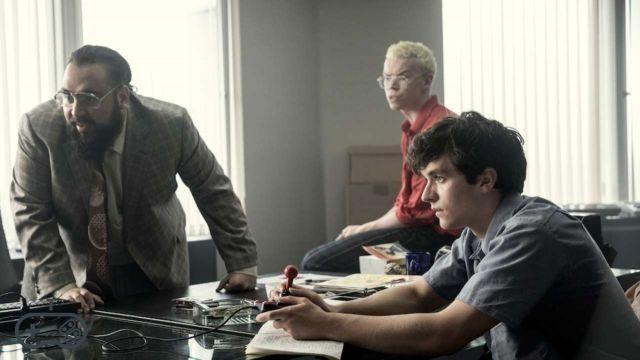
Even if in a confusing and not always clear way, all in all the system works well, releasing in some cases some particular goodies: for example, if we relive the same scene for the second time, even the characters themselves won't be experiencing it for the first time (like the viewer) and consequently they too will have particular sensations or will live and interact in the various dialogues in a different way. "Sorry do we know each other?"
The Fourth Wall
The duration of Black Mirror: Bandersnatch is all in all good (which in my experience turned out to be 90 minutes, allowing me to explore the various endings but not all the scenes), but the structure wobbles in some cases. The interpretation of the individual actors was discreet, but none of them scream a miracle. These latter factors, however, underline that more than a cult, this first interactive film was meant to function as a kind of test, also strengthened by the theme dealt with which sees mental journeys and various possibilities “playing at home”.
One of the peculiarities that occurs on various occasions, and that probably involves and thrills the viewer, is the brutal demolition of the fourth wall, a direct interaction with the interpreter that in a couple of cases I will make us become real characters in the film. The biggest advice we can give is to see the film and all the various endings at once, because the general picture that will be created inside your mind is definitely fascinating, especially if you are already accustomed to this type of dynamics. thanks to video games of this generation that use “the mechanics of the butterfly effect”.






